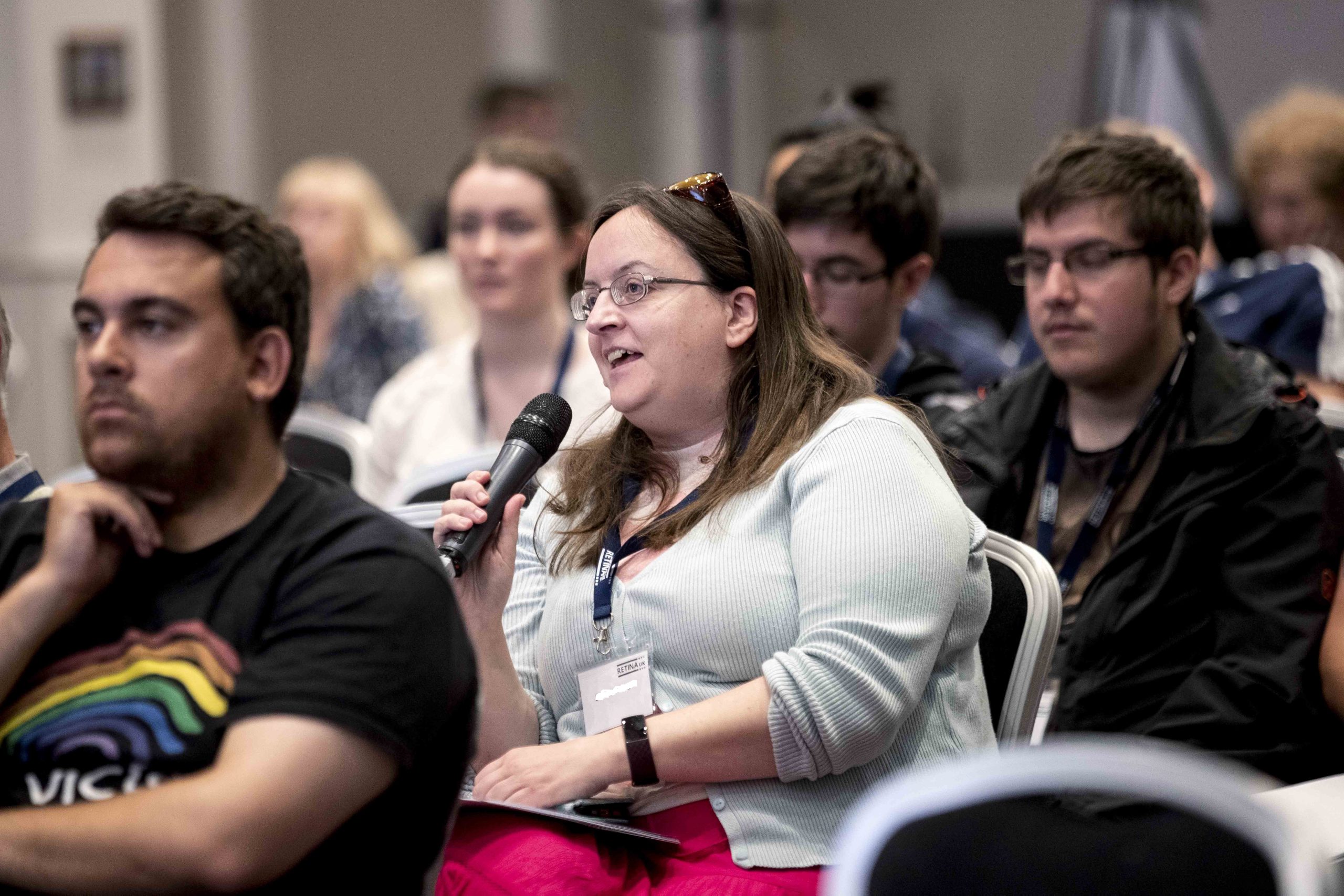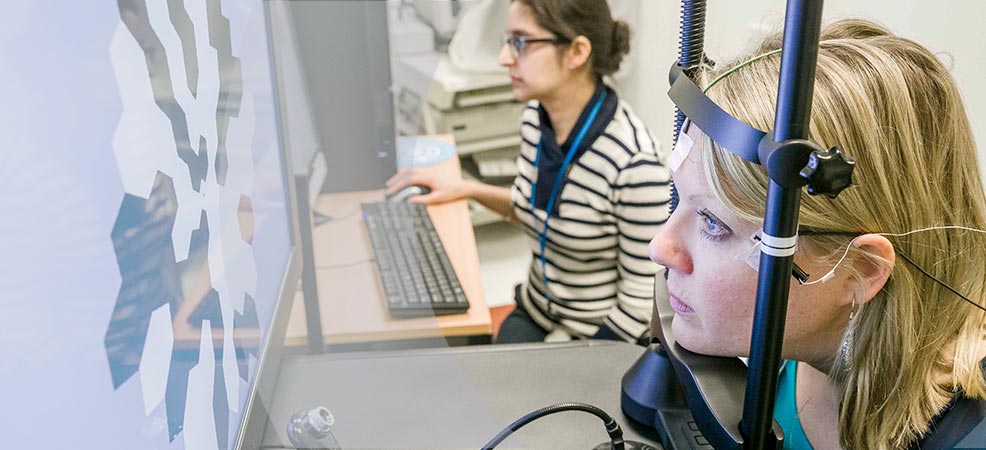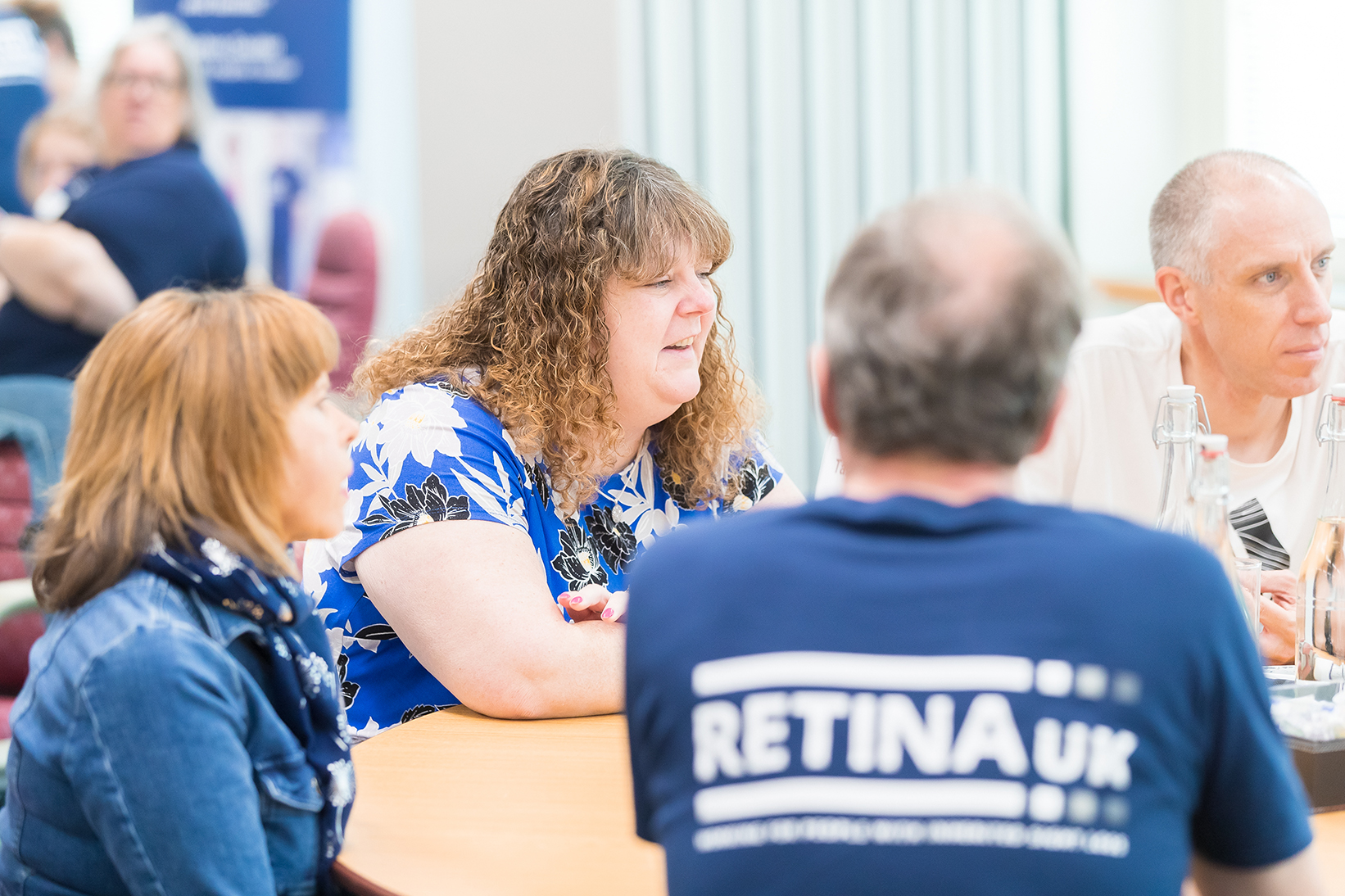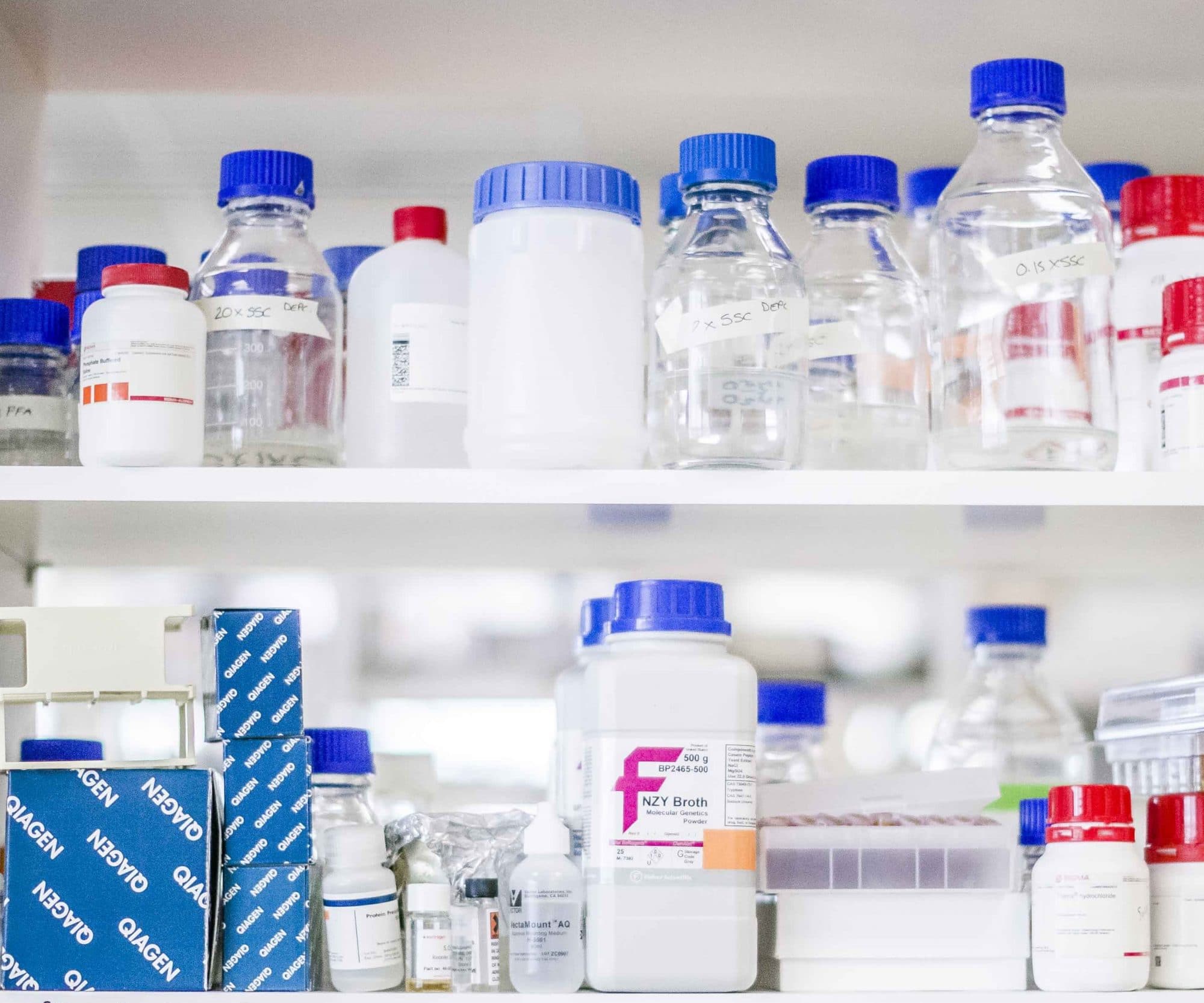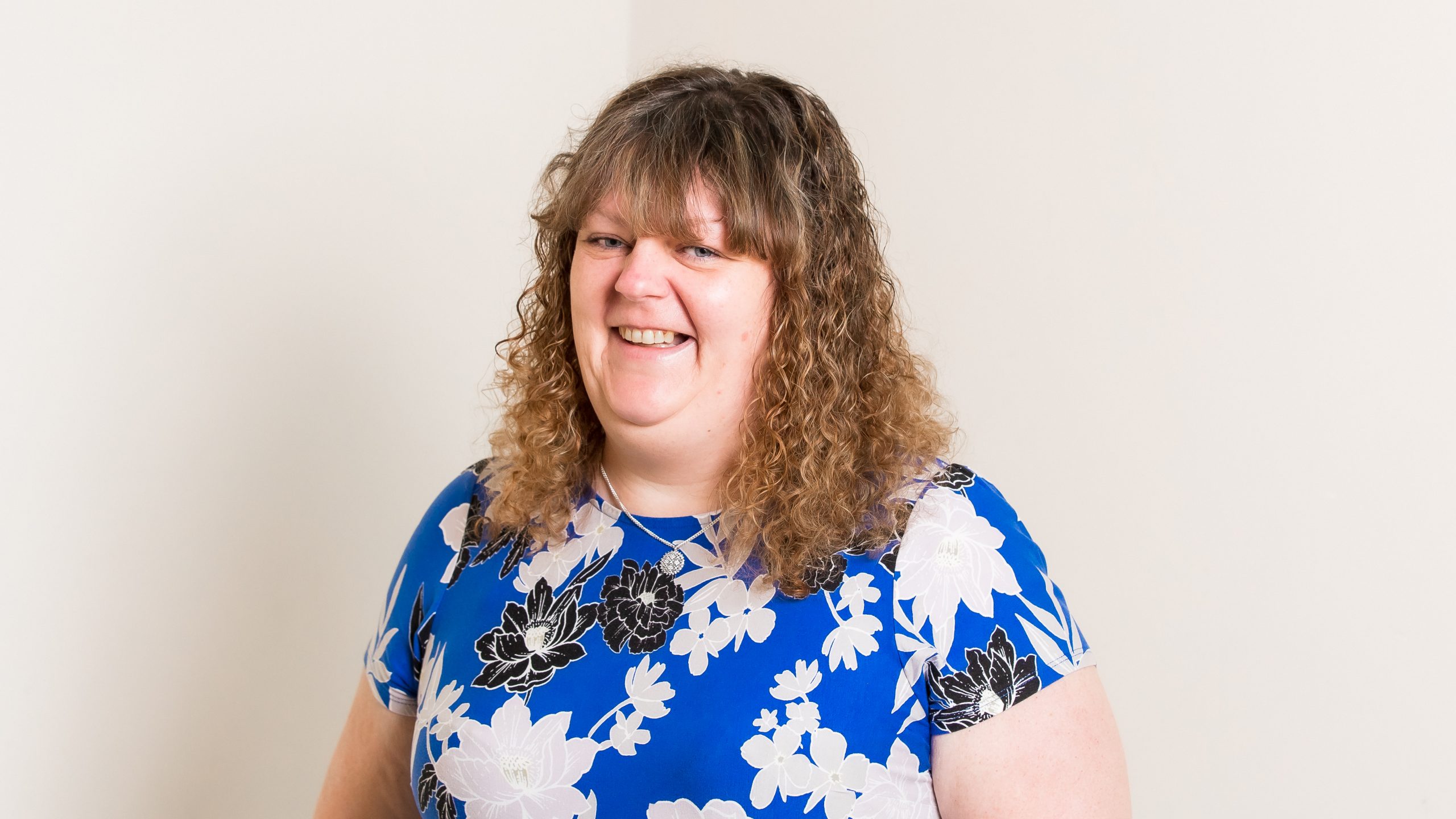Individuals with BBS experience retinal degeneration that is similar to retinitis pigmentosa (RP). In addition to RP, this condition is accompanied by abnormalities of the fingers and/or toes, obesity, kidney disease and sometimes developmental delay and learning difficulties.
Symptoms
The diagnosis of Bardet-Biedl syndrome is often confirmed in children when visual problems as a result of RP become apparent. The first symptom of RP is night blindness. Night blindness makes it difficult to see in low light levels. RP then causes a progressive loss of peripheral vision. Peripheral vision loss is often referred to as tunnel vision. Individuals with BBS can also experience central vision loss during childhood or adolescence.
Other defining characteristics of BBS include polydactyly (extra fingers and/or toes) and obesity. About half of all individuals with BBS experience developmental difficulties ranging from mild impairment or delayed emotional development to intellectual disability. The degree of intellectual disability can range from mild cognitive disability to severe intellectual disability. Individuals may also experience kidney (renal) disease. Kidney disease can affect the structure and function of the kidneys and can lead to severe renal impairments.
Cause
Bardet-Biedl syndrome is a rare condition affecting approximately 1 in 100,000 people in the UK. It occurs when there are mutations in any one of more than 21 different genes. BBS is always inherited in recessive pattern, meaning that both a person’s copies of the gene must be faulty for the condition to occur. Find out more at RetinaUK.org.uk/genetics/inheritance-patterns.
Treatment
Current treatment for BBS focuses on treating the specific symptoms affecting each individual. As many body systems are involved, care often requires the coordination of a team of specialists from different departments.
Some of the physical abnormalities associated with BBS can be corrected with surgery such as extra fingers or toes. Kidney transplantation may be considered if severe kidney disease develops. However, surgery requires patients to be put under general anaesthesia and some patients with BBS may have significant abnormalities in their airway which makes surgery a less straightforward procedure.
In terms of treating obesity which accompanies BBS, diet and exercise programmes are recommended to manage weight and prevent weight-related problems that may arise in later life. Consulting with a primary care physician and a dietician is also recommended to prevent excess weight gain in the future.
For the sight loss that occurs with BBS, a low vision specialist can help recommend resources and services to help the individual adapt. Care under the supervision of an ophthalmologist can help correct low vision acuity, myopia (near sightedness) or hyperopia (far sightedness).
Clinical trials
Visit RetinaUK.org.uk/medical-research/joining-the-research-effort for clinical trials information. If you are considering joining a trial always discuss it with your usual ophthalmologist or family doctor first. Participation in a genuine clinical trial will never require payment.
You can also read about possible treatment approaches for retinal disease at RetinaUK.org.uk/medical-research/approaches-to-treatment and the latest news about research at RetinaUK.org.uk/research-news.
Many treatment approaches are specific to a particular gene fault, so it is important that those affected by the disease are referred for genetic testing so that they can access new treatments and clinical trial opportunities.
For support
The Retina UK Helpline provides information, support and signposting for people affected by inherited sight loss as well as healthcare and education professionals.
Contact 0300 111 4000 (9.00am – 5.00pm Monday to Friday and Tuesday and Thursday evenings 5.00pm – 8.00pm) or email [email protected].
Condition-specific information
Gene Vision gene.vision/knowledge-base/bardet-biedl-syndrome-bbs-for-patients. Retina UK joint funded Gene Vision and input into accessibility and content.
This organisation may be able to help: BBS UK – bbsuk.org.uk.
Getting involved in research
Those who join the Retina UK Lived Experience Panel receive an email from us when we are made aware of participation opportunities such as focus groups, surveys and research projects. Sign up at RetinaUK.org.uk/get-involved/lived-experience.


